
nanoparticles for HERitage and CULture in Environmental Sustainability (nanoHERCULES)
Principal Investigator: Elti Cattaruzza
Grant Type: PRIN 2022
Project Description: The main goal of nanoHERCULES is to produce at low cost, low time/energy consumption and low environmental impact, earth-alkaline metal hydroxides (EAMH) and metal oxides (MO) nanoparticles (NPs) by innovative, high yield, scalable and sustainable syntheses, for applications in cultural heritage (CH) conservation. We will target the NPs for specific applications and for large-scale historical stone/building restorations or for cellulose-based artwork conservation. The innovative synthetic approaches use ion exchange single-step processes, obtaining pure and monodisperse NPs, working in water, at RT and ambient pressure, without chemical/organic additives and any purifying or washing procedures to remove secondary products, thus overcoming the main drawbacks associated with the current procedures and increasing the production from lab to a pilot scale.
Timeframe: 2025-2027
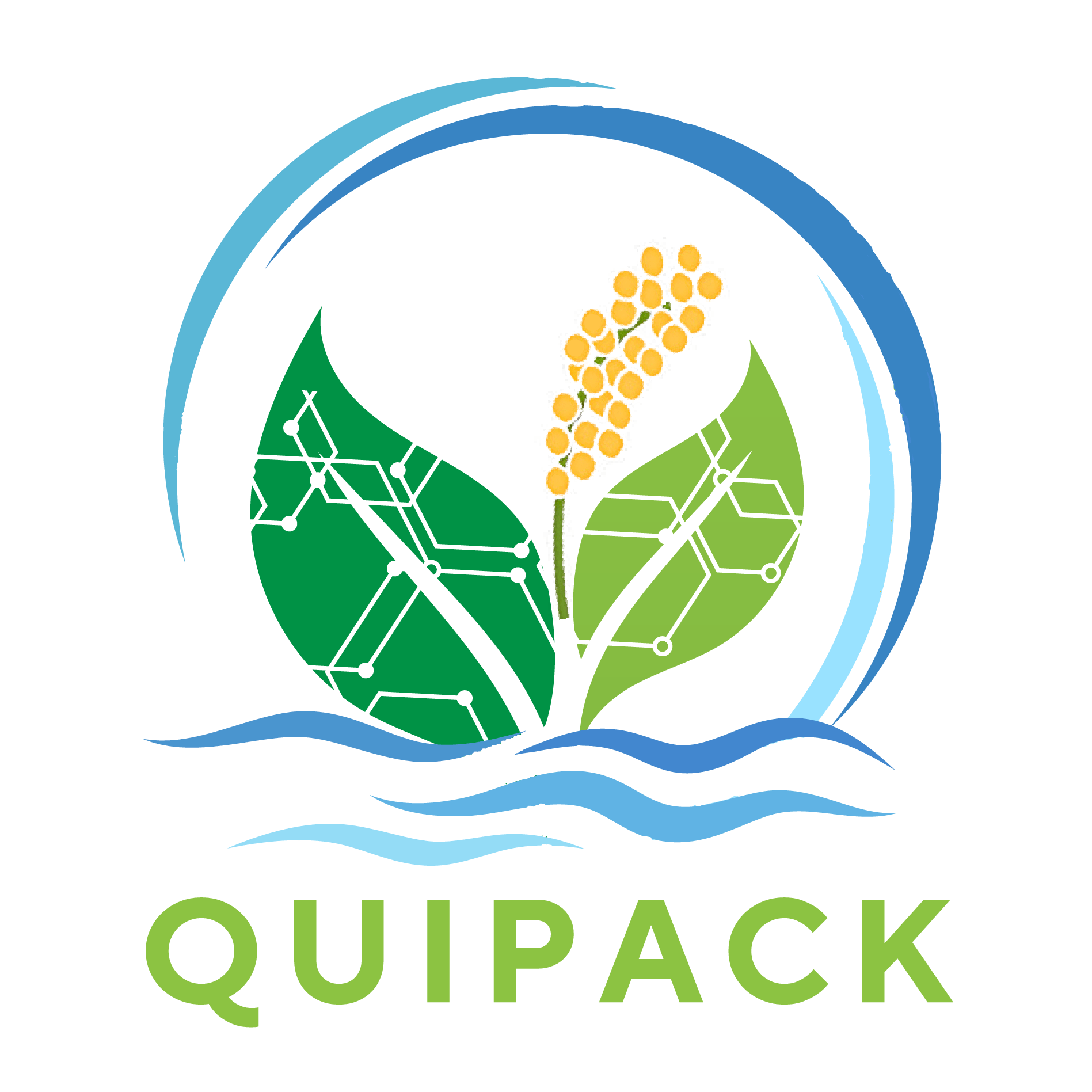
Food value chain intelligence and integrative design for the development and
implementation of innovative food packaging according to bioeconomic sustainability criteria (QuiPack)
Principal Investigator: Giovanni A. Salvatore
Grant Type: PRIMA
Project Description: QuiPack aims to enhance sustainability and safety in the food value chain through innovative packaging solutions. It will utilize waste from quinoa and aquaculture, introduce bio-intelligent materials, and integrate AI/IoT systems for improved food safety and traceability. The project involves a multidisciplinary team from 9 countries, focusing on creating bio-based packaging, fostering new businesses, and sharing knowledge across various sectors. Through collaborative efforts, QuiPack seeks to drive sustainable transformation in food packaging and overall food quality in the Mediterranean region.
Timeframe: 2024-2027
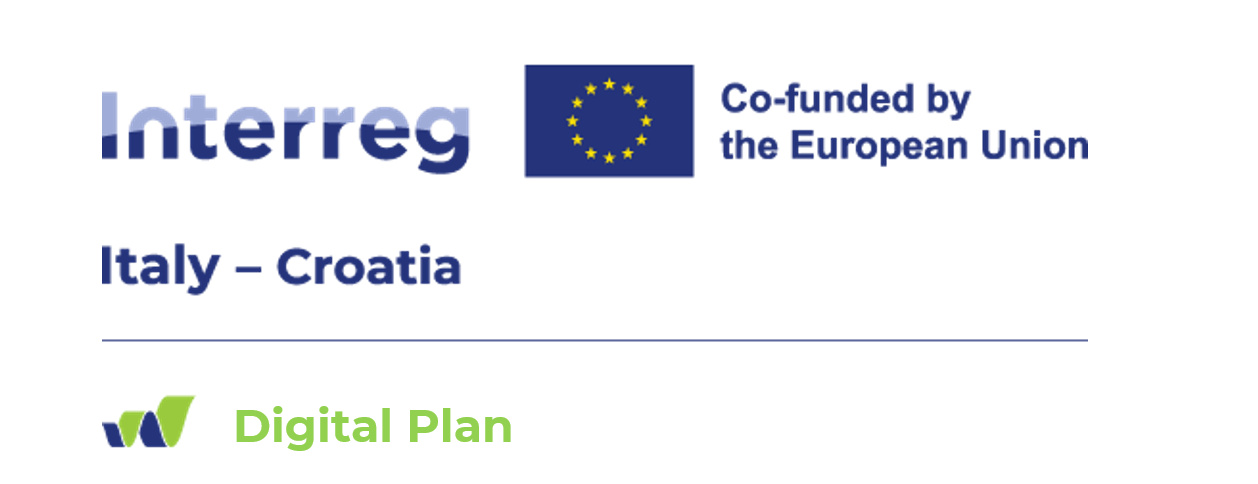
Civil Protection Plan Digitalization through Internet
of Things Decision Support System based Platform (Digit CP Plan)
Principal Investigator: Giovanni A. Salvatore
Grant Type: INTERREG ITA-CRO
Project Description: The project aims to digitize civil protection plans across partner regions using a unified cross-border approach. It will develop an Internet-of-Things (IoT)-based digital tool to improve coordination and resilience. Key outcomes include an online IoT Decision Support System (DSS) platform, installation of IoT sensors, and a cross-border strategy for plan digitization. Activities involve digitizing plans, developing the platform, training staff, and deploying IoT sensors.
Timeframe: 2024-2026
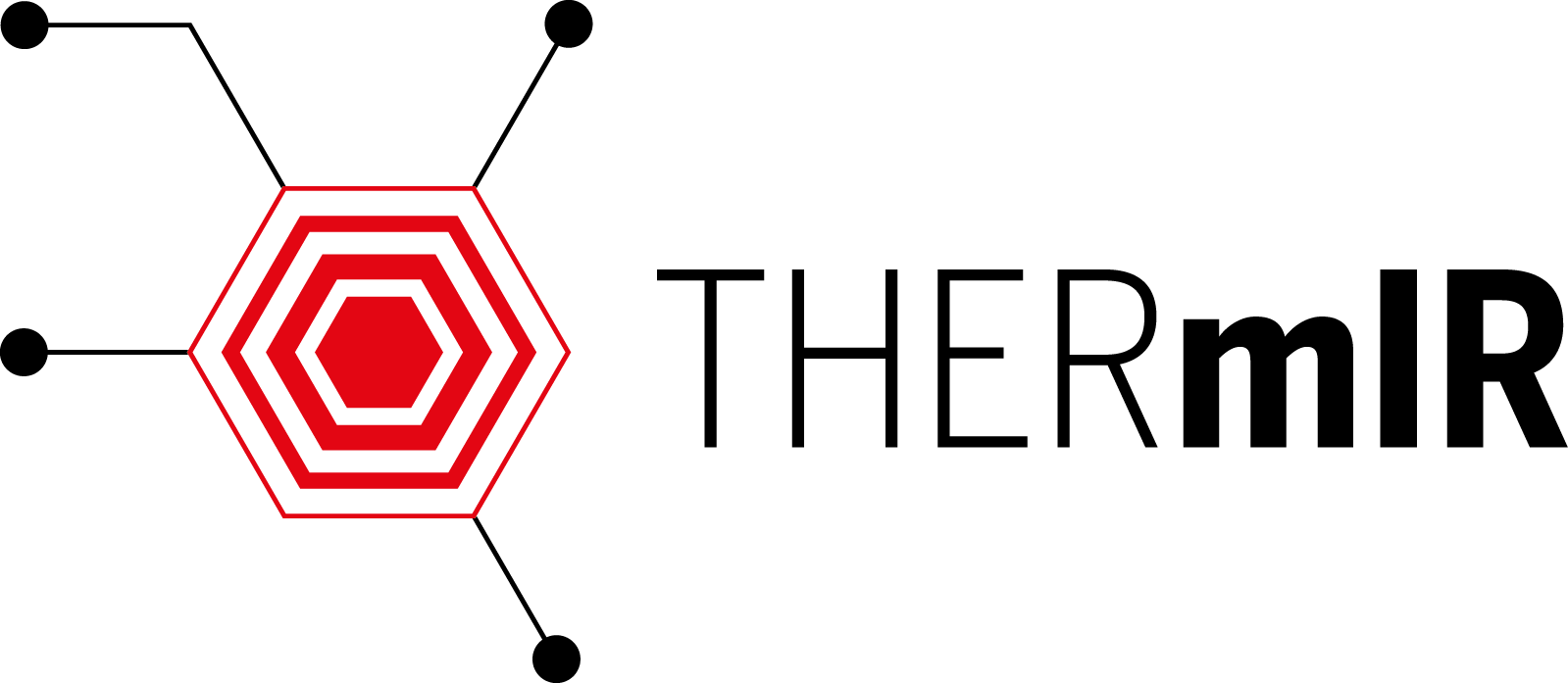
Continuous THERmal monitoring with wearable mid-InfraRed sensors (THERmIR)
Principal Investigator: Domenico De Fazio
Grant Type: PRIN 2022 PNRR
Project Description: THERmIR aims to introduce an innovative approach to continuous body temperature (BT) monitoring by developing wearable and stitchable optical temperature sensors. The challenge is to utilize large-area graphene-based sensors to harvest infrared radiation emitted by the human body in the mid-infrared (mIR) range. This solution overcomes limitations associated with traditional methods, such as wrist bracelets and single skin probes, which may underestimate core body temperature (CBT). The interdisciplinary project involves expertise from three research units: UNIVE (Venice), CNR-Nano (Pisa), PoliTO (Turin). The envisioned outcome is a scalable, non-invasive thermometer with applications in medical diagnostics, Internet-of-Things sensors, and wearable biometric platforms, emphasizing accuracy, reliability, and low Size, Weight, and Power (SWaP).
Timeframe: 2023-2025

Patterning of Antiferromagnets for THz Operation (PATH)
Principal Investigator: Stefano Bonetti
Grant Type: PRIN 2022
Project Description: With the end of Moore's law and the rise of IoT applications, IT needs new, efficient methods for data transmission and processing at the nanoscale while conserving power. Spintronics offers promise for post-CMOS computing. Antiferromagnets (AFs) with their THz dynamics and lack of net magnetization could overcome some limitations. However, challenges include controlling AF magnetic properties and probing their magnetic order. The PATH project introduces a novel approach using thermally assisted scanning probe lithography (t-SPL) and THz spectroscopy to achieve sub-10 nm control of static AF properties and manipulate dynamic properties and magnonic responses for spintronics.
Timeframe: 2023-2024
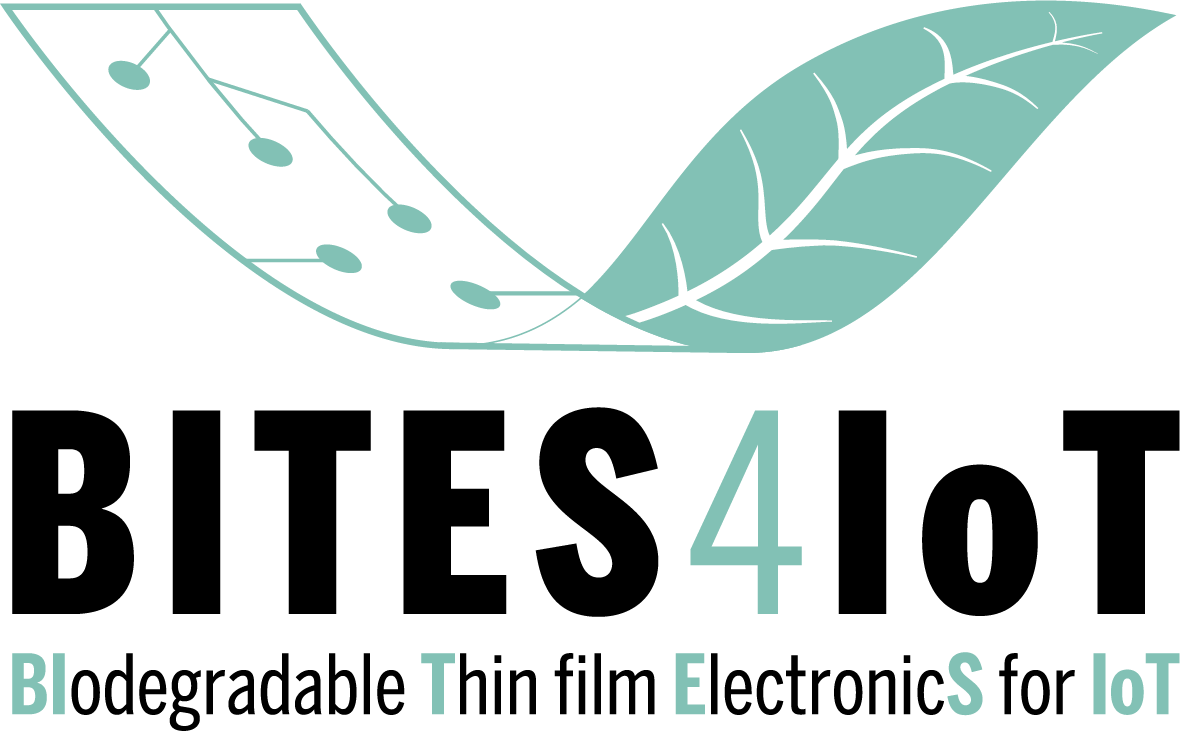
Biodegradable
Thin Film Electronics for Massively Deployable and Sustainable Internet of
Things Applications
Principal Investigator: Giovanni A. Salvatore
Grant Type: PRIN 2022
Project Description: Sustainable electronics is an emerging concept that accounts for the
environmental, social, and economic impact of electronic devices through the entire life cycle,
with the goal of reducing the electronic waste, and the natural resources and CO2 footprint
caused by the intensive processes of Integrated Circuits industry.
The proposed research aims to exploit thin film technology and biomaterials to realize fully
biodegradable Thin Film Transistors and basic digital/analog circuits for the next generation of
Internet of Things and implantable biomedical devices.
Timeframe: 2023-2024
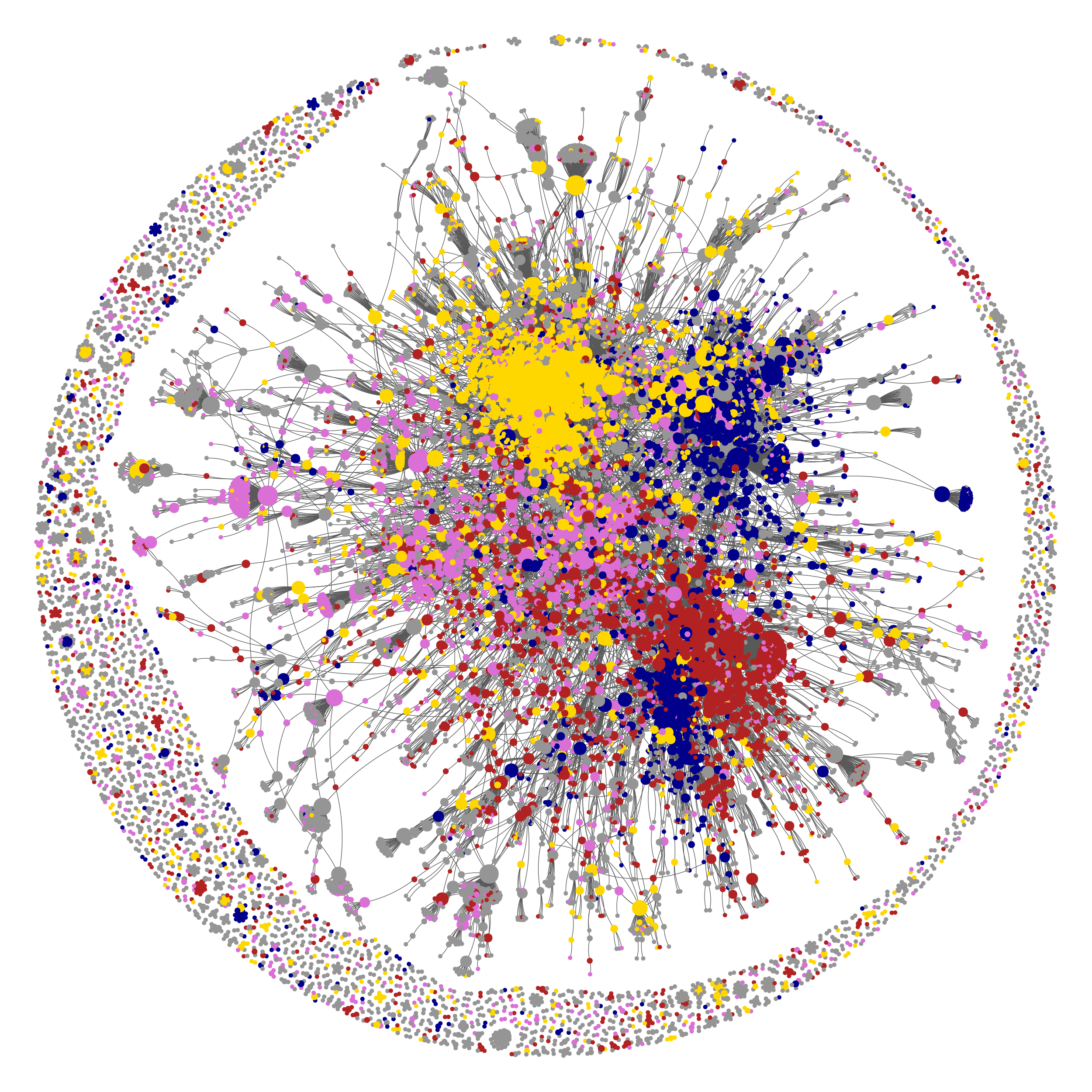
NODES
Principal Investigator: Guido Caldarelli
Project Description: The Narratives Observatory to combat Disinformation in Europe
Systemically (NODES) has been designed to deploy the power of narratives
in the fight against disinformation within the European public sphere.
The objective of NODES is to develop and critically assess a novel
large-scale mechanism to analyse and monitor the origin, development and
spread of narratives classified as “disinformation”, to effectively
provide quantitative and qualitative data on the narrative approach to
disinformation, including the implementation of the NODES Narrative
Methodology, recommendations for future policy action and novel
practices for practitioners in the field.
Timeframe: 2023-2024
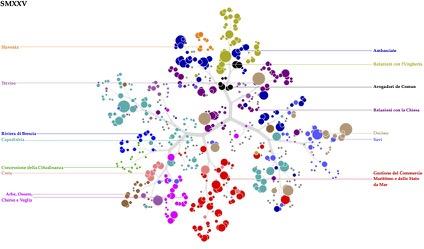
CHANGES
Principal Investigator: Guido Caldarelli
Project Description: CHANGES complies with various missions and specific components of the
NRP 2021-2027, prominently with the research and innovation area of
Humanities, Creativity, Social Transformation, Inclusive Society.
In line with the priorities expressed by this area, CHANGES aims at
promoting cross-disciplinary research and synergies to support the
development of innovative long-term strategies for the interpretation,
understanding and preservation of the Cultural Heritage (CH). CHANGES
promotes the valorization of tangible and intangible CH and, with the
use of heritage-based solutions for digital and ecological transitions,
reduces the social and economic inequalities.
CHANGES: encourages the intensive and extensive application of digital
technologies to the cultural heritage according to the component
“Digitization of the processes of protection, conservation, and
valorization”, satisfying the purpose of reducing the time and the cost
of CH cultural heritage conservation and making the cultural heritage
accessible to a wide public.
Timeframe: 2021-2027
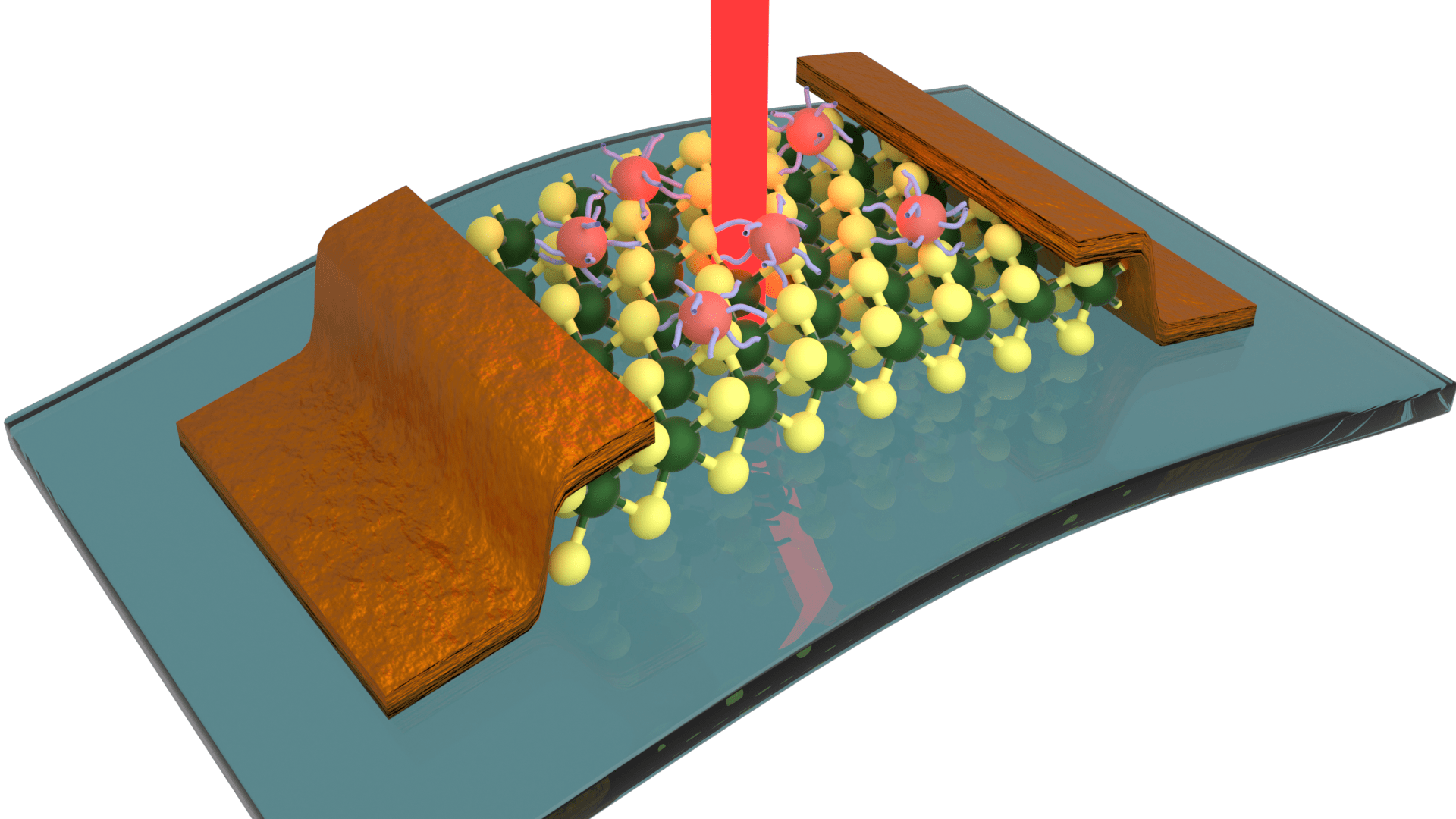
Photodetectors from Bio-Based Carbon Dots and 2D Materials (PHOBIO)
Principal Investigator: Domenico De Fazio
Grant Type: SPIN 2022
Project Description: In optoelectronics, adapting device architectures from rigid to flexible and biodegradable substrates is a major challenge. Traditional materials like silicon and germanium are efficient for light detection but not suitable for flexible electronics. Nanomaterials, such as carbon dots (CDs) and layered materials (2DMs), offer promising alternatives. CDs are small and adaptable to any substrate, while 2DMs are highly sensitive and flexible. By combining CDs and 2DMs, we aim to create efficient and flexible photodetectors with a broad range of light absorption. The project's goals include developing prototype photodetectors for optoelectronic applications and potentially discovering new physical phenomena.
Timeframe: 2022-2024
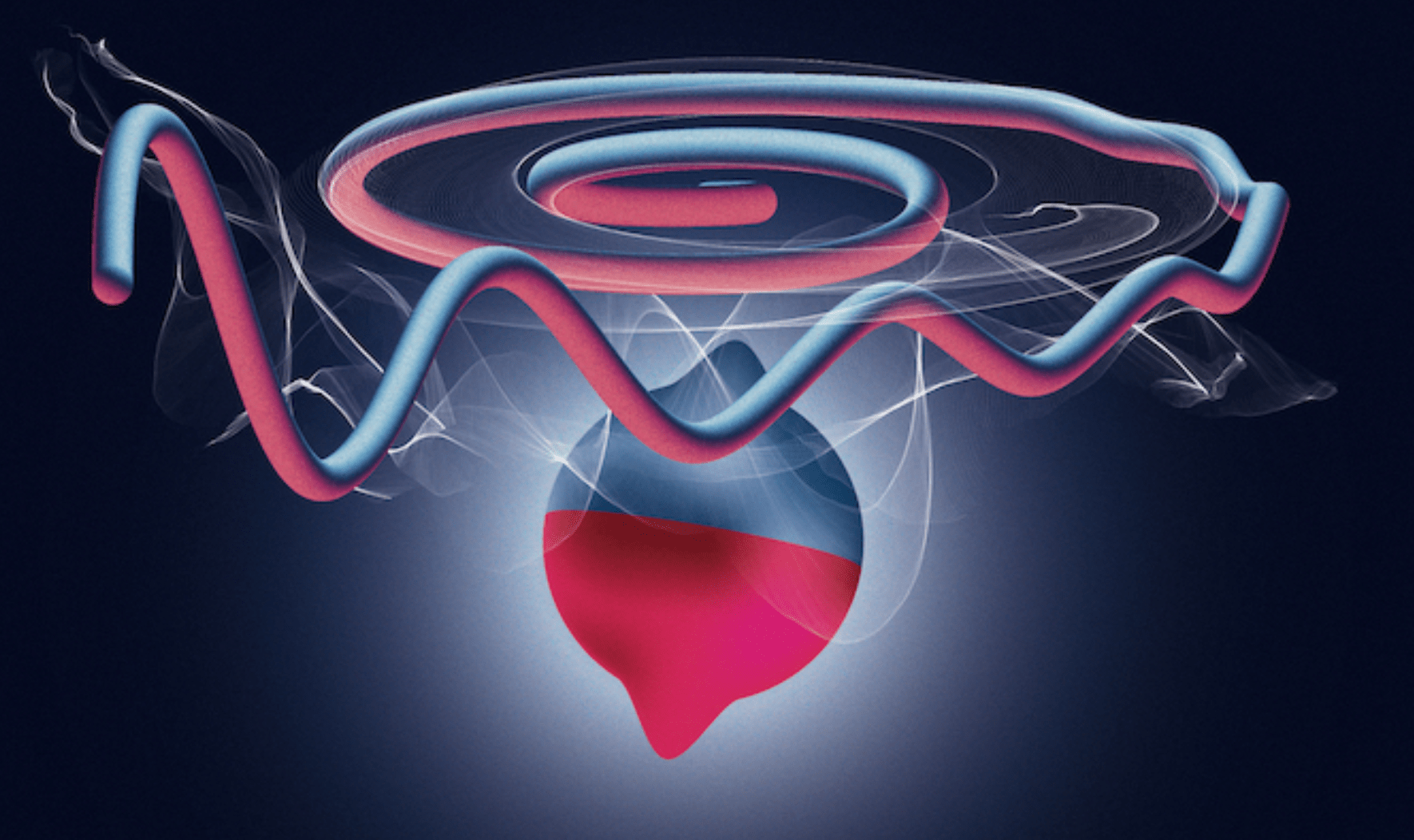
Understanding and Controlling Magnetic Inertia: Towards Terahertz Spin-Based Technologies
Principal Investigator: Stefano Bonetti
Grant Type: PRIN 2020, Italian Ministry of Research
Timeframe: 2022-2025
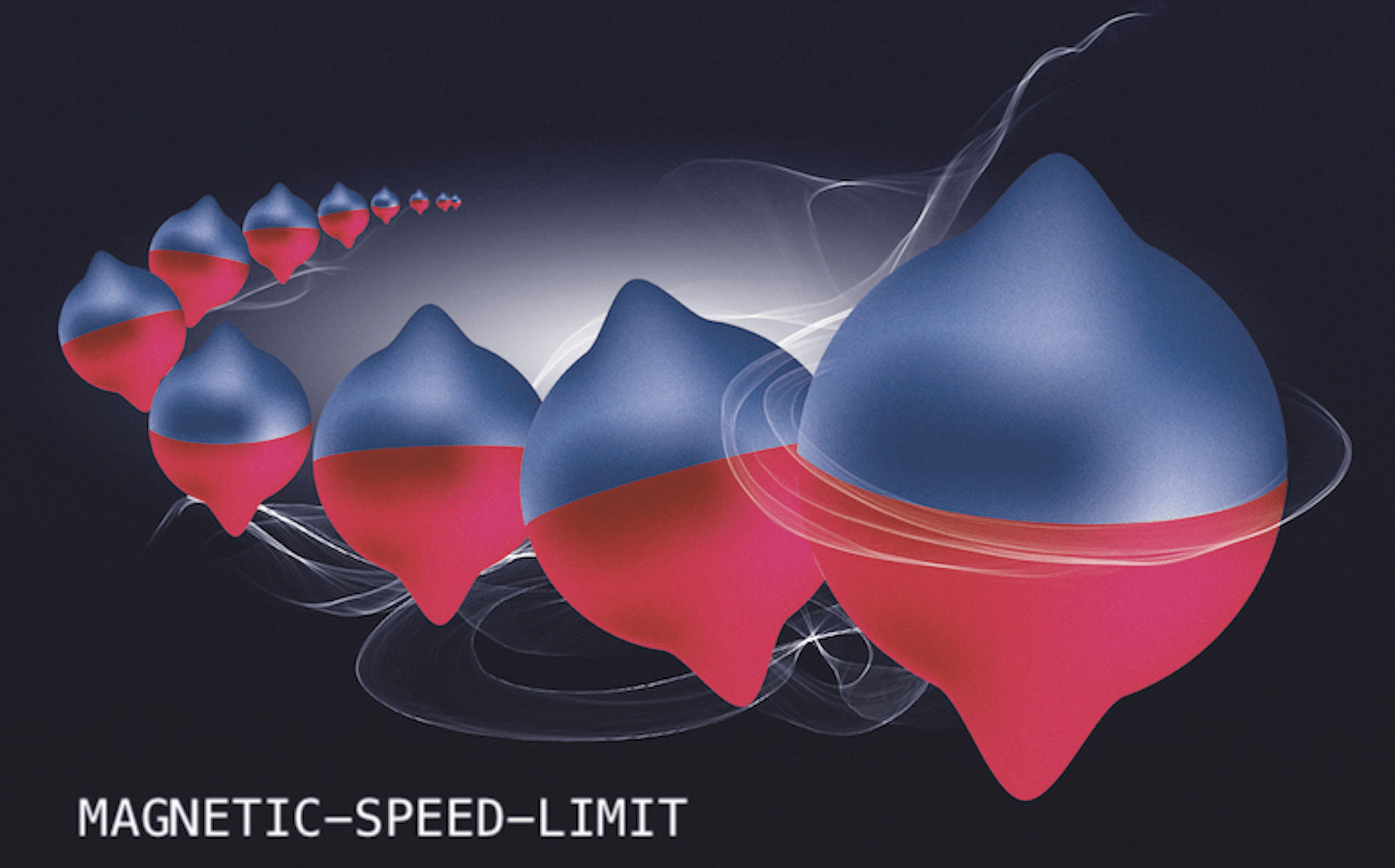
Understanding the Speed Limits of Magnetism (MAGNETIC-SPEED-LIMIT)
Principal Investigator: Stefano Bonetti
Grant Type: ERC Starting Grant, European Research Council
Timeframe: 2017-2022
